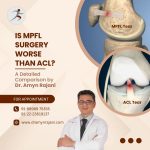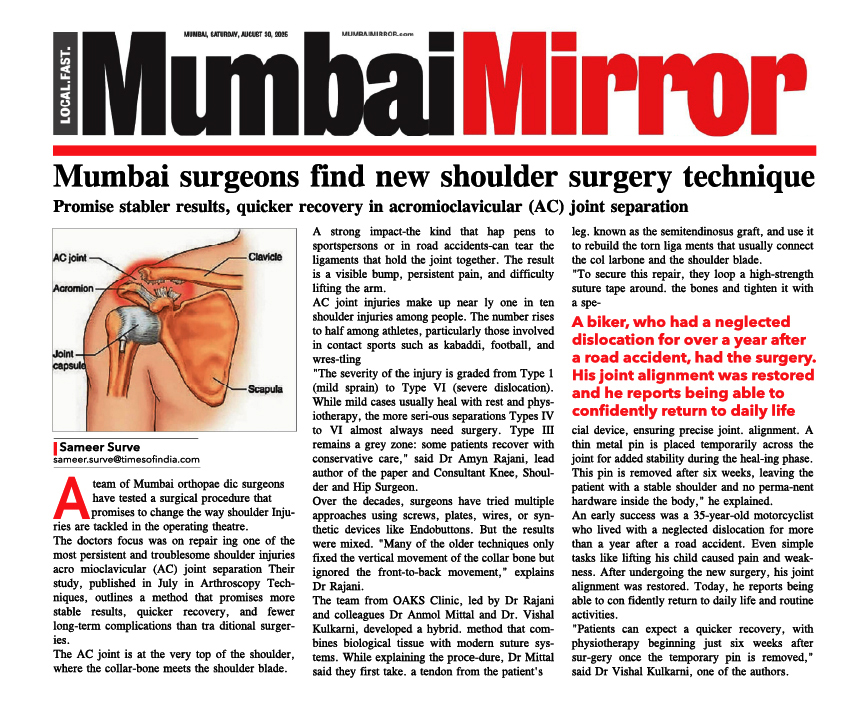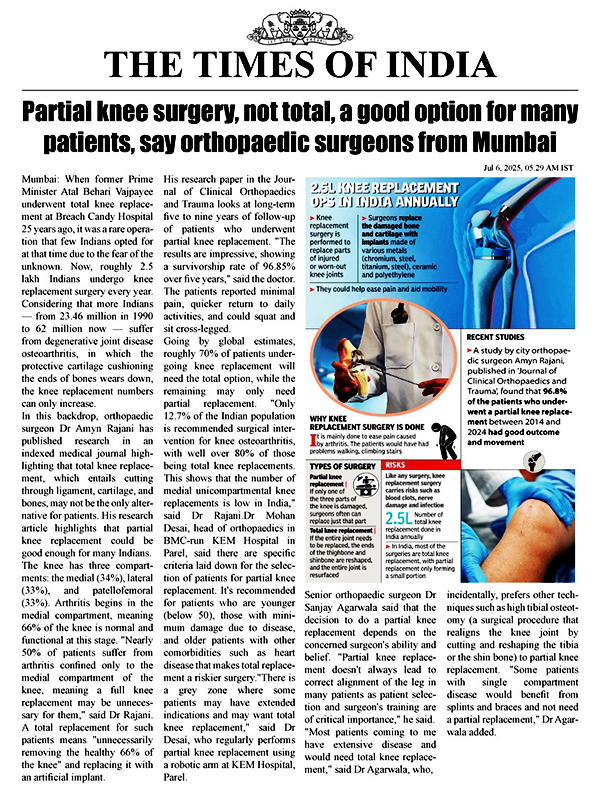What Is Frozen Shoulder?
Frozen shoulder is a condition characterized by progressive pain and stiffness of the affected shoulder. The pain aggravates while performing movements of the shoulder joint. Frozen shoulder is a chronic health condition that does not develop overnight. Patients usually undergo a cycle of gradual development of symptoms, followed by progressive worsening of the symptoms. With timely treatment, the condition resolves over a course of 2-3 years.
A capsule made up of tough fibrous tissue surrounds the shoulder joint. This capsule provides structural support and protection to the bones, tendons and ligaments which form the shoulder joint. Certain factors cause this capsule to get inflamed which leads to its tightening. This triggers the onset of frozen shoulder.
Treatment Of Frozen Shoulder
Frozen shoulder is a chronic condition, requiring treatment of a long duration. There are two mainstream methods of treating frozen shoulder i.e. surgery and medication. Other than these methods, there are several ancillary treatment options that help to curb acute attacks of frozen shoulder, which is a common occurrence.
- Medication:
The initial phase of frozen shoulder often responds well to medication. This phase is when the symptoms are developing and the disease has not yet reached a chronic stage. Anti-inflammatory drugs, pain relief medicines and steroids in oral or injectable form are prescribed by almost every shoulder specialist in Mumbai for treatment of frozen shoulder.
- Surgery:
All cases of frozen shoulder may not respond well to medication. Sometimes the symptoms of frozen shoulder aggravate despite good medical treatment. Surgery is often the last resort and a more or less temporary cure for frozen shoulder. Minimally invasive techniques like arthroscopy are used to physically manipulate the diseased shoulder joint capsule. Arthroscopic shoulder surgery in Mumbai helps to loosen the capsule and remove inflammatory debris that has collected between the capsule and shoulder joint.
- Ancillary Treatment:
Physiotherapy is extremely beneficial in treating frozen shoulder. Stretching techniques, exercises, massage and wax bath often help to heal the inflamed shoulder joint capsule. Hot fomentation is a useful home remedy that may be advised by doctors to obtain pain relief. It is imperative that patients continue with mainstream treatment for their frozen shoulder along with ancillary treatment.
Frozen shoulder usually does not recur on the same side once it has been successfully treated. Yet patients may need to follow some restrictions after undergoing frozen shoulder treatment.
Things To Remember After Completing Frozen Shoulder Treatment
Patients who have recently recovered from frozen shoulder should keep the following things in mind:
- Avoid excessive strain on your shoulder joint especially if you have undergone frozen shoulder surgery
- Perform regular exercises to strengthen your arm and shoulder muscles
- Avoid a lifestyle that will require you to keep your shoulders immobile for a long duration
- Schedule a visit with your doctor whenever you feel any discomfort in your shoulder that has been treated
- Diabetics may need more long term medical follow ups for frozen shoulder treatment





